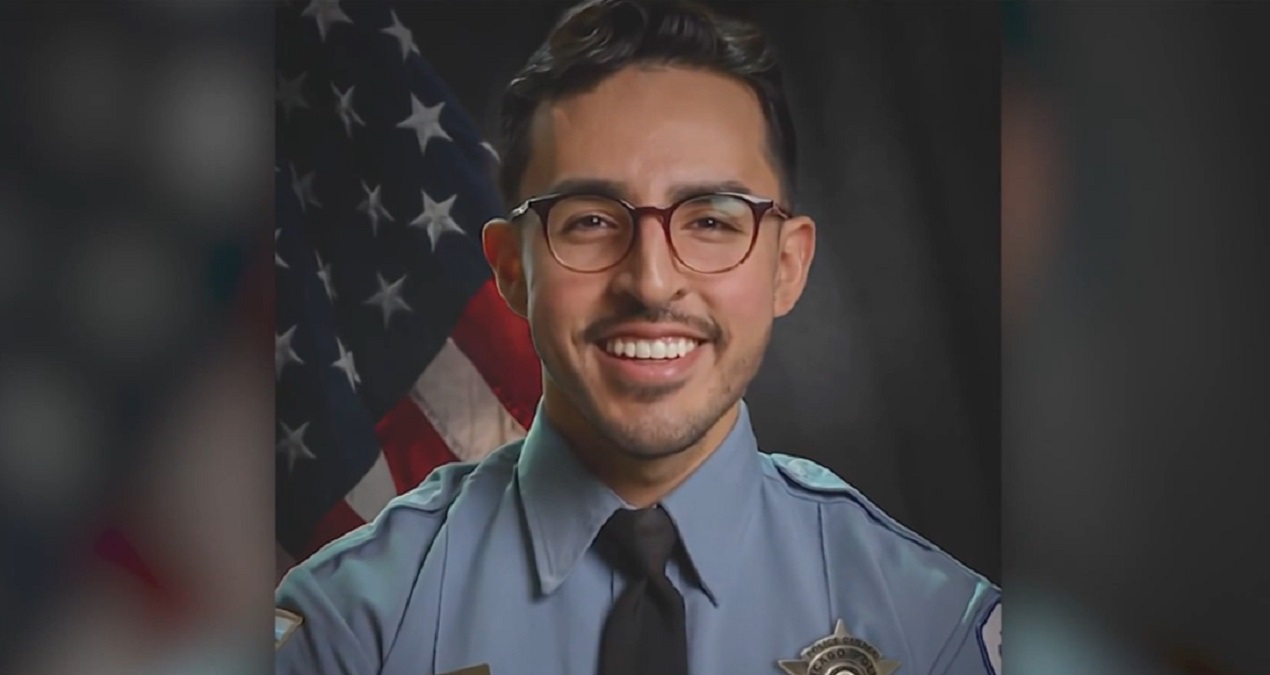In a non-descript building on the outskirts of downstate Dwight, production is ramping up for a revolutionary day in Illinois. Cultivators are trimming, prodding, and pampering cannabis plants, in preparation for marijuana legalization, January 1.
“We are cranking as hard as we can crank,” saidJeremy Unruh, director of regulatory affairs for Pharmacann, which operates the Dwight facility. “The state has given us authority to begin producing adult use products, now it’s just a matter of ramping up production to make sure that we come as close as we can to meeting the demand that we’ll see after January.”
It’s a process which is repeating itself at growing facilities statewide. In Pharmacann’s case, that includes an expansion of the Dwight facility which was built for the state’s medical marijuana program.
“We’re doubling the capacity here in the Dwight cultivation center,” Unruh said, “so we can put out about twice as much product as we currently put out in the medical scheme.”
Illinois is crawling toward its appointment with what many believe will be a significant cultural change in the state. While 55 medical dispensaries are eligible for recreational licenses under the new law, so far only 14 have been issued (one of those in Naperville, can't be used because that community opted out of the recreational marijuana program).
Many existing licensees hope to open secondary sites, but none have received state permission.
“Many of our existing locations are stuck in industrially zoned areas with no parking or signage,” Unruh said. “If we’re going to get through the local zoning and permitting process, if we’re going to pull building permits, if we’re going to swing hammers and knock down walls, that stuff should have started two months ago.”
Local
On the production side, pot requires hard work, and patience. During a visit to a cultivator in Denver, NBC 5 saw what production looks like five years into legal cannabis.
“We have 12 strains currently in house,” said Doug Pelkey, manager of the Super Farm cultivation center. “It is a very hardy tolerant plant, but we like to treat them like they are very fragile...that extra care and TLC goes a long way.”
That means precise measures of light, nutrients, and water. To urge the plants to produce as much THC as possible, CO2 levels are increased beyond what they would normally get in the outside world. And that process includes fooling the plants into thinking the seasons are changing, and their life cycles might be coming to an end.
“It thinks that fall’s coming and winter, eventually,” Pelkey said. “And it’s going to have to start producing flower, and try to reproduce.”
That “flower” is the bud which marijuana users smoke. It’s also where the most THC is concentrated.
“Absolutely we watch every step and control every step,” says Ryan Schuelke, director of cultivation for Colorado’s Medicine Man Technologies. “Being able to control all that really helps the plant to thrive in its environment.”
Back in Dwight, NBC 5 watched as workers pruned plants, packed vape cartridges, rolled joints, and sealed tins full of cannabis flower, in preparation for the state’s coming legalization. State officials have predicted recreational use will bring ten times the current base of 70,000 medical patients.
But that’s going to require a lot more storefronts selling product.
“So that we can try to at least come close to serving the 700,000 adult use customers that the state is projecting, or to develop some of the $170 million in tax revenues that the state is anticipating from this, Unruh said. “But in our existing locations, that might be complicated.”



